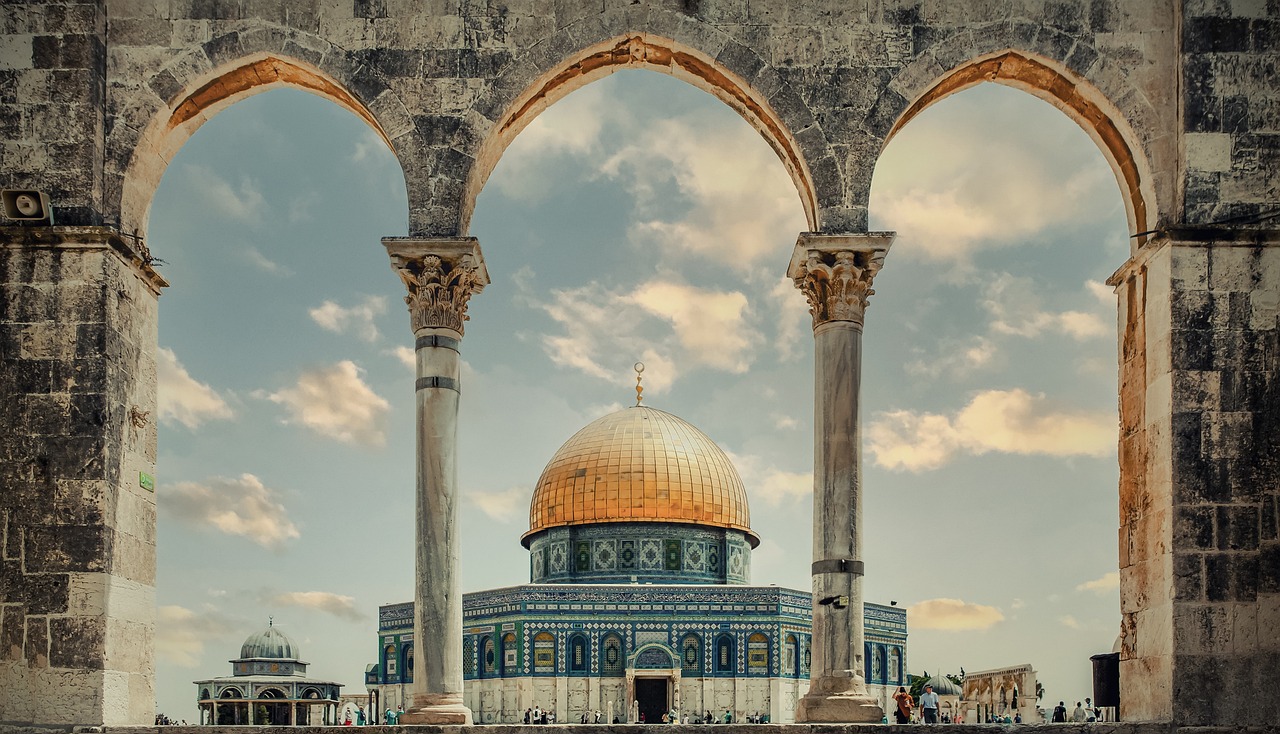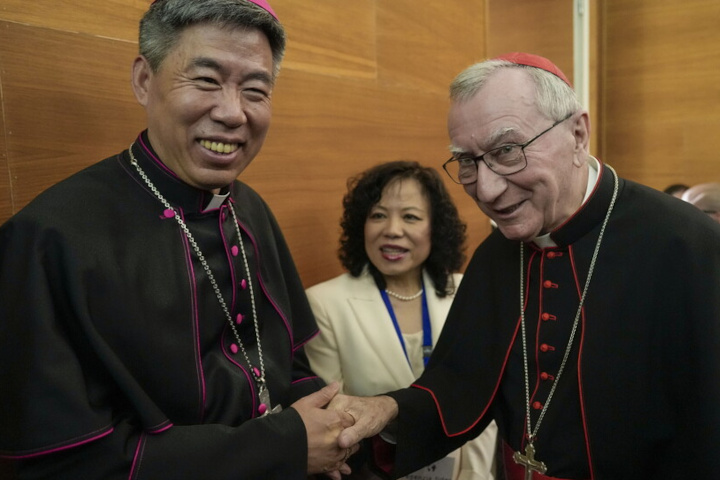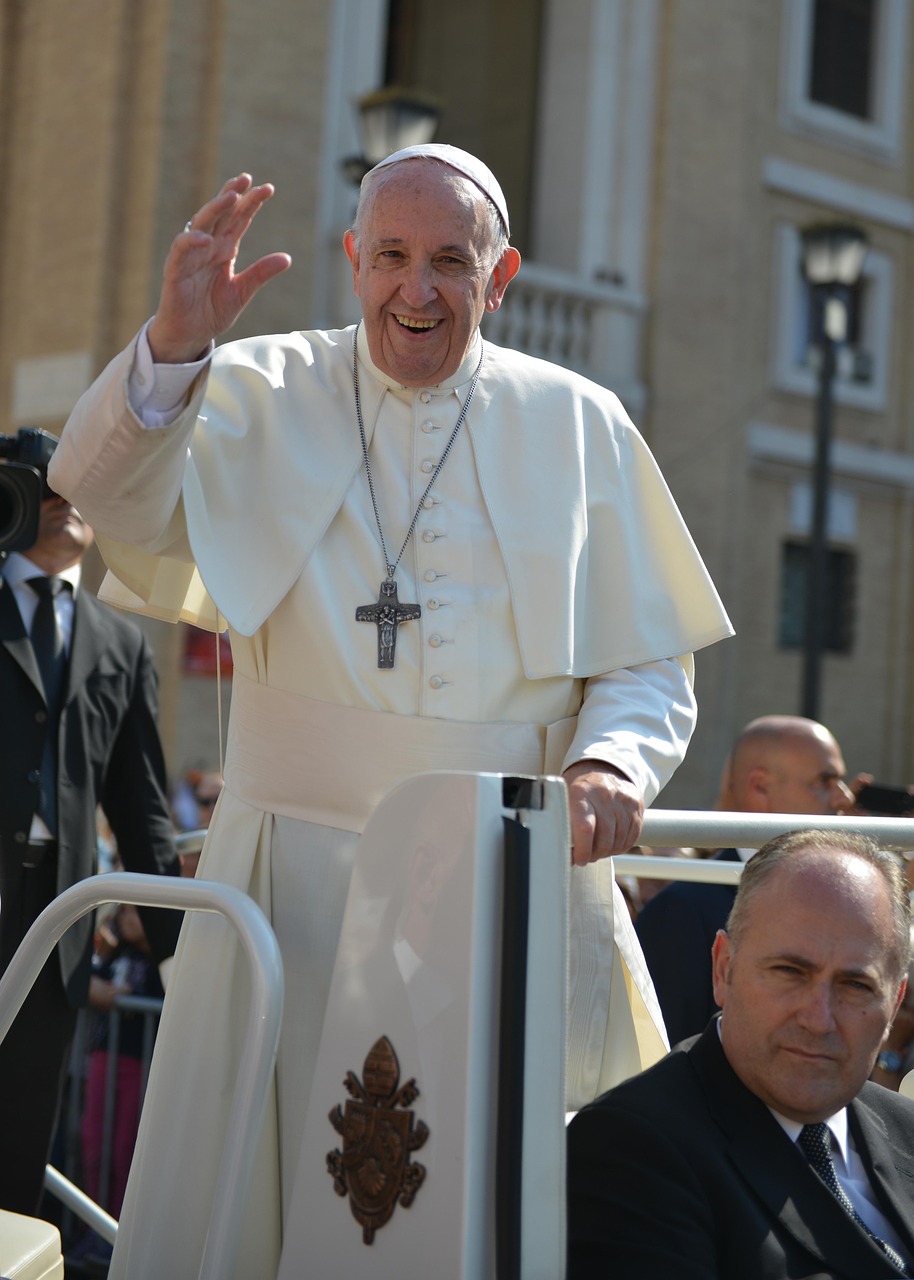
The modern enlightened thought has made out of the working hypothesis «etsi Deus non daretur» a kind of procedural dogma of its attempt to bring order to our world. Sometimes, in doing so, it has shown an intransigence worthy of the most rigorous religious belief.
It often forgot that «living without God» is certainly possible—but it is just this: namely, a possibility. As such, this working hypothesis make sense and is effective only if takes into account the other possible side that it itself requires: namely, that an earthly citizenship «coram Deo» is equally possible.
The absolutism with which modern thought goes on conceiving the possibility of «living without God» is most likely the last colonial vestiges of Western Europe—which still seeks to bend what it considers to be the (dangerous) illusion of religious belief to its own reasons. But, faced with world’s reality, and if we step outside the niche of the Old Continent, it is precisely this claim done by enlightened thought that reveals itself to be an illusion (no less dangerous than the first).
God doesn’t seem to have bid farewell from the global stage of human affairs. Nor does that shared form of devotion to His name, that we call religion, seem to have disappeared. As of today, in the name of God, human beings are able of the most surprising acts of care and dedication. And, again in the name of the same God, they commit the most abominable acts of which humans are capable.
Modernity has unilaterally decided to dissolve this dialectic, which represents the drama of every historical religion, making human life «coram Deo» a waste to be discarded at all costs. The outcome of this maneuver, tragic this time, is not only the indictment of religion as such, but also and above all the inability to draw on the faiths’ heritage and life to build—together—a human coexistence based on justice.
The religious (sectarian and sometime ethnic) hijacking of God’s justice, in order to make out of it a weapon that legitimizes violence which annihilates the «other», certainly represent the dark side of the sacred that religions try to organize within human history. Every faith, religious and not, is exposed to this delusion of omnipotence—and practices it feeling fully justified.
But even the modern ban on any possible justice of God, as unattainable horizon of law and politics, from the public square proves to be no less violent and destructive—at the very moment when it makes its own «neutrality» the principle of exclusion of religious faiths from the enterprise of building, all together, the human polis.
It will be difficult to find a way out of the global disorder in which we are becoming bogged down without the contribution of good theologies—those that know how to criticize the status quo of human affairs in the name of the unattainable otherness of God; and, at the same time, serve as self-critical reflection of the religious communities that can certainly name that God, but can never dispose of him at their whim (because this is the work done by the idol).
When theologies bring about this task accordingly, they are able to offer everyone, and not just their own, openings to new possibilities that allow alternatives to be found as resistance to the domination of the status quo—not only opposing, but also and furthermore proposing in this way viable strategies to overcome the inevitability of things as they are.
Today, politics urgently needs this theological imagination of the possible, its counterfactual force, in order to recover its dignity as government of human affairs—and to escape from being mere management, after the fact, of things that happen as if there were no possible alternatives.
At a time when we are looking for «cheap» answers that satisfy our immediate instincts and calm the fears we are not able anymore to manage, to which politics has bowed down denying itself, theology is that way of thinking which inquires for the right questions—those that demand on everyone to give their best in a constructive way for building a human coexistence made not of winners and losers, but of citizens striving for equity as path to achieve the common good.
Perhaps it is precisely this theological ability to pause in the search for the right question, to endure the time without an answer, that could prove to be a valuable ally to the politics of human affairs: freeing politics from the obsession with being merely an immediate reaction to a state of affairs that it is not able to govern; teaching politics to endure the suspended time necessary to find not the most gratifying answer but the right one—in order to build together that order of justice which has yet to come.









